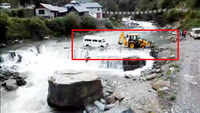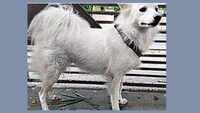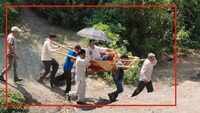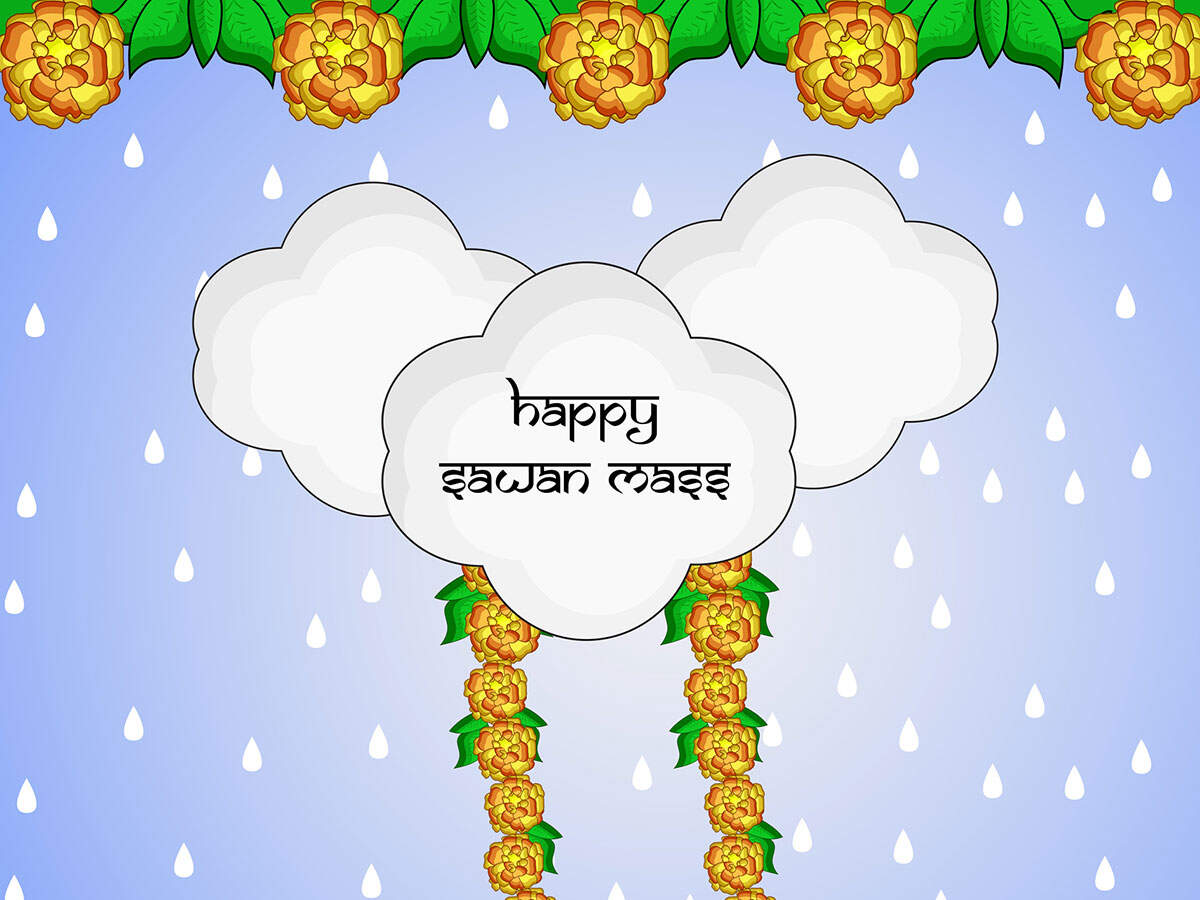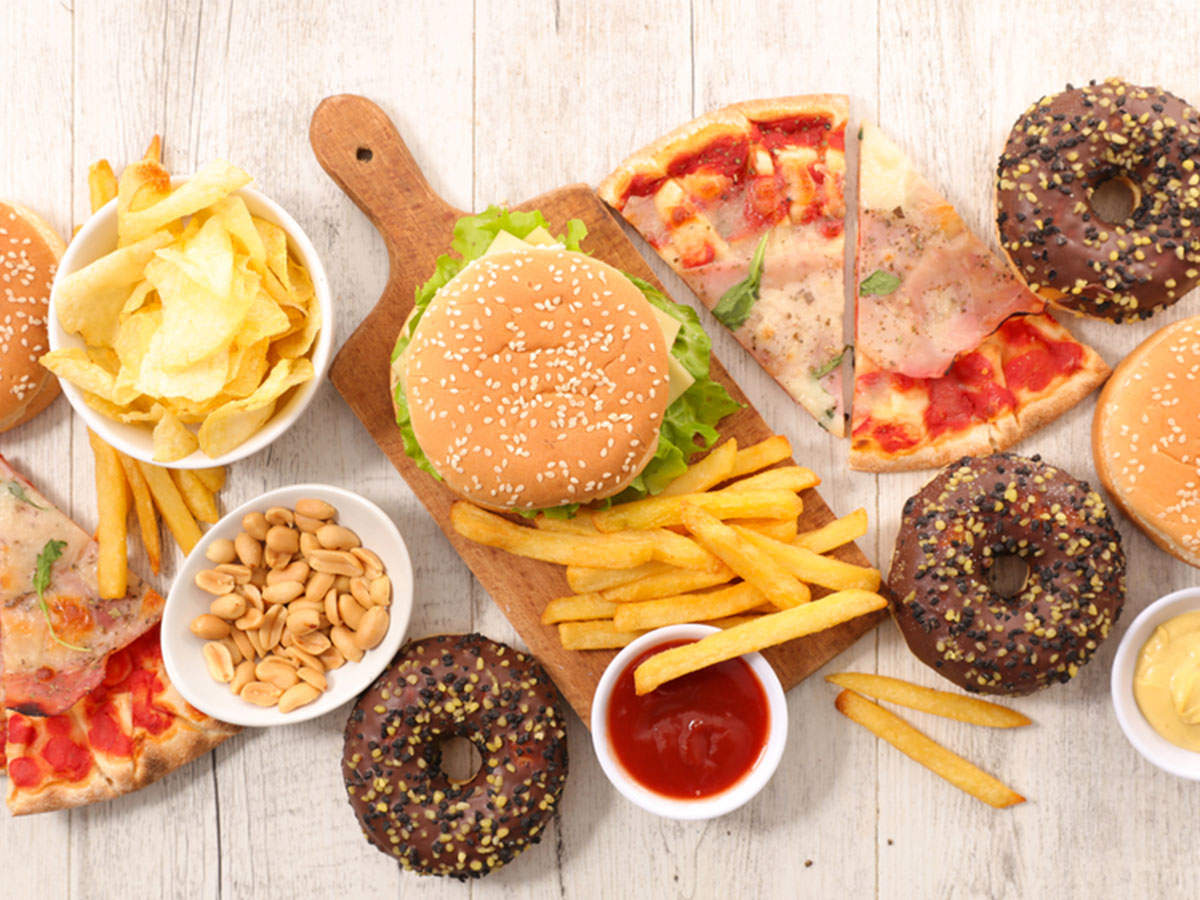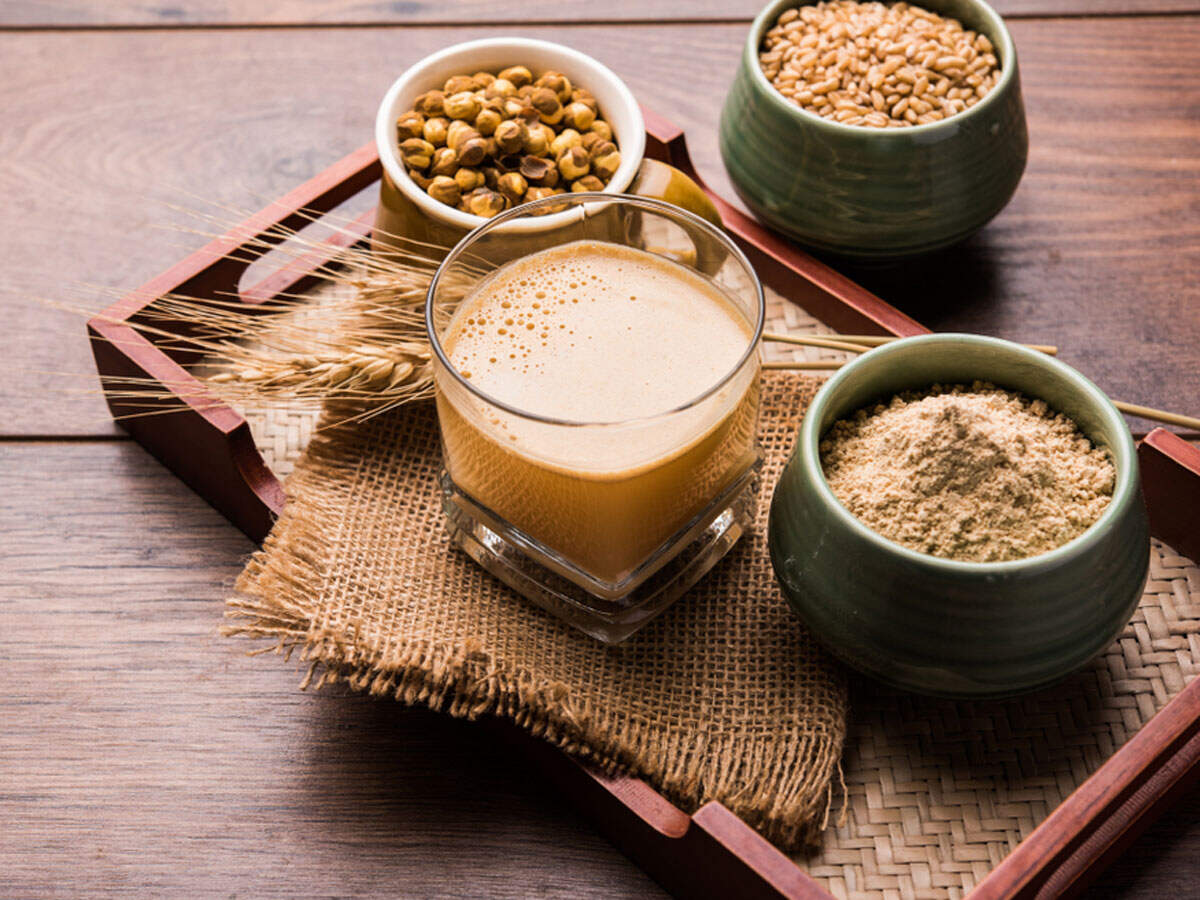
Vadodara/ Anand: India is the world’s largest milk producer, but ironically 70% of the country’s population cannot digest milk or its products, a condition commonly known as lactose intolerance.
But there is a good news for this population now. Using indigenously developed technology, scientists at Anand Agricultural University (AAU) have make lactose-free milk, which, if scaled up by the dairy unions, can completely stop dependence on imports.
At present, most dairy majors in the country are dependent on synthetically developed enzymes imported from countries like Denmark to prepare lactose-free milk. Most of them are also dependent on the imported technologies to prepare this milk by mixing the chemically synthesized enzymes.
AAU has developed this technology in its laboratory under ‘Make In India’ project.
“Unlike the chemically synthesized enzymes, we have biologically produced the enzymes extracted from lactobacilli bacteria. Using this enzyme, the milk was kept for a while for enzymatic action to prepare lactose-free milk,” said Dr Subrota Hati, assistant professor in dairy microbiology department of AAU’s SMC College of Dairy Science.
The indigenous technology also promises to reduce cost of production. “We have given an ultra-sonic treatment to the bacteria which produced this enzyme. It is not just about using indigenous biologically developed bacteria but even the cost of production comes down by nearly Rs 30 per litre,” he said.
Amul has already shown interest in using this technology developed in its own backyard.
“We welcome this development. We would surely like to be the first one to use this technology which is available next door,” said R S Sodhi, managing director of Gujarat Co-operative Milk Marketing Federation (GCMMF) that markets brand Amul.
“Earlier, problem was availability of lactose free milk. Now, there is so much demand that we have to ensure that there is enough supply. At most of the major or minor outlets, lactose-free milk has become a must,” he said.
Hati mentored PhD student Shrushti Makwana on her project ‘production of B-galactosidase using ultrasonication from potent lactobacilli for preparation of lactose hydrolysed milk’.
POINTERS
Roughly 70 % Indian population are lactose intolerance
The condition ranges from 30 % in North India to 70 % in south
5 % in Northern European & 90% in some African/Asian countries suffer from lactose intolerance.
AAU technology can reduce production cost by Rs 30/litre
What is Lactose Intolerance?
Lactose intolerance is the inability of adults and children to digest lactose, a sugar found in milk. If such people consume milk or milk products, they suffer from abdominal bloating and cramps, flatulence, diarrhea, nausea, rumbling stomach or vomiting. In rare cases, individuals may have congenital alactasia, a total absence of lactase caused by a genetic defect, which prevents them from being able to digest lactose from infancy. Many individuals have insufficient levels of lactase, an enzyme that catalyzes lactose into glucose and galactosein their digestive system.
GSBTM to fund start-up to promote tech transfer
The entire technology from extraction of lactase to preparation of low lactose milk has also been developed indigenously. AAU ready to sell technology to any dairy or food industry or entrepreneurs for preparation of lactose hydrolysed milk/
Gujarat State Biotechnology Mission (GSBTM) has shown interest in funding a start-up which can promote the transfer of this technology and commercial production of the biologically developed enzymes. “Out of 130 projects which GSBTM had received for ‘Biothon: hackathon of biotech solutions for state problem’, Makwana’s project was selected in top six and had entered into the semi-final round under the ‘Make in India’ category winning an award of Rs 50,000,” said Dr J B Prajapati, principal and dean of AAU’s Faculty of Dairy Science.
“Subsequently, in the finals after two presentations, she was declared as winner under the ‘Make in India’ category and awarded Rs 1 lakh. Our university was paid Rs 20,000 as token money for the project,” said Prajapati, adding that in total the young innovator has already bagged Rs 1.70 lakh.
But there is a good news for this population now. Using indigenously developed technology, scientists at Anand Agricultural University (AAU) have make lactose-free milk, which, if scaled up by the dairy unions, can completely stop dependence on imports.
At present, most dairy majors in the country are dependent on synthetically developed enzymes imported from countries like Denmark to prepare lactose-free milk. Most of them are also dependent on the imported technologies to prepare this milk by mixing the chemically synthesized enzymes.
AAU has developed this technology in its laboratory under ‘Make In India’ project.
“Unlike the chemically synthesized enzymes, we have biologically produced the enzymes extracted from lactobacilli bacteria. Using this enzyme, the milk was kept for a while for enzymatic action to prepare lactose-free milk,” said Dr Subrota Hati, assistant professor in dairy microbiology department of AAU’s SMC College of Dairy Science.
The indigenous technology also promises to reduce cost of production. “We have given an ultra-sonic treatment to the bacteria which produced this enzyme. It is not just about using indigenous biologically developed bacteria but even the cost of production comes down by nearly Rs 30 per litre,” he said.
Amul has already shown interest in using this technology developed in its own backyard.
“We welcome this development. We would surely like to be the first one to use this technology which is available next door,” said R S Sodhi, managing director of Gujarat Co-operative Milk Marketing Federation (GCMMF) that markets brand Amul.
“Earlier, problem was availability of lactose free milk. Now, there is so much demand that we have to ensure that there is enough supply. At most of the major or minor outlets, lactose-free milk has become a must,” he said.
Hati mentored PhD student Shrushti Makwana on her project ‘production of B-galactosidase using ultrasonication from potent lactobacilli for preparation of lactose hydrolysed milk’.
POINTERS
Roughly 70 % Indian population are lactose intolerance
The condition ranges from 30 % in North India to 70 % in south
5 % in Northern European & 90% in some African/Asian countries suffer from lactose intolerance.
AAU technology can reduce production cost by Rs 30/litre
What is Lactose Intolerance?
Lactose intolerance is the inability of adults and children to digest lactose, a sugar found in milk. If such people consume milk or milk products, they suffer from abdominal bloating and cramps, flatulence, diarrhea, nausea, rumbling stomach or vomiting. In rare cases, individuals may have congenital alactasia, a total absence of lactase caused by a genetic defect, which prevents them from being able to digest lactose from infancy. Many individuals have insufficient levels of lactase, an enzyme that catalyzes lactose into glucose and galactosein their digestive system.
GSBTM to fund start-up to promote tech transfer
The entire technology from extraction of lactase to preparation of low lactose milk has also been developed indigenously. AAU ready to sell technology to any dairy or food industry or entrepreneurs for preparation of lactose hydrolysed milk/
Gujarat State Biotechnology Mission (GSBTM) has shown interest in funding a start-up which can promote the transfer of this technology and commercial production of the biologically developed enzymes. “Out of 130 projects which GSBTM had received for ‘Biothon: hackathon of biotech solutions for state problem’, Makwana’s project was selected in top six and had entered into the semi-final round under the ‘Make in India’ category winning an award of Rs 50,000,” said Dr J B Prajapati, principal and dean of AAU’s Faculty of Dairy Science.
“Subsequently, in the finals after two presentations, she was declared as winner under the ‘Make in India’ category and awarded Rs 1 lakh. Our university was paid Rs 20,000 as token money for the project,” said Prajapati, adding that in total the young innovator has already bagged Rs 1.70 lakh.
World Cup 2019
Trending Topics
LATEST VIDEOS
More from TOI
Navbharat Times
Featured Today in Travel
Quick Links
Lok Sabha Election Schedule 2019Lok Sabha Election NewsDelhi Capitals teamMI team 2019Rajasthan Royals 2019RCB team 2019Maharashtra Lok Sabha ConstituenciesBJP Candidate ListBJP List 2019 TamilnaduShiv Sena List 2019AP BJP List 2019Mamata BanerjeeBJP List 2019 MaharashtraPriyanka GandhiBJP List 2019 KarnatakaAMMK Candidate List 2019BJP List 2019 WBLok Sabha Elections in Tamil NaduBSP List 2019 UPNews in TamilLok Sabha Poll 2019Satta Matka 2018PM ModiMahagathbandhanNagpur BJP Candidate ListChandrababu NaiduTamil Nadu ElectionsUrmila MatondkarNews in TeluguMadras High CourtTejashwi YadavArvind KejriwalTejasvi SuryaPawan KalyanArvind KejriwalYogi AdityanathJaya PradaSatta King 2019Srinagar encounter
Get the app
